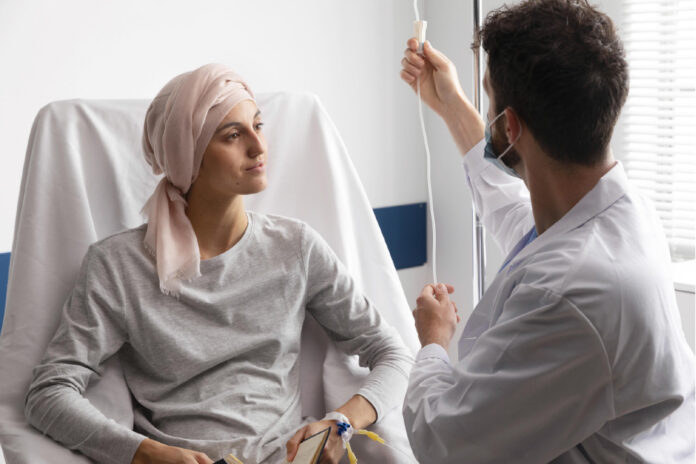Dr Said Qabbaah, Medical Writer & Public Health Expert
Every year in February, the global community unites to observe World Cancer Day, a moment dedicated to raising awareness about cancer prevention, detection and treatment.
This year, the focus is on the pivotal role of cancer screening. By identifying cancer at its earliest and most treatable stages, screening offers hope for better outcomes and has the potential to even save lives.
Screening methods
Cancer screening is a crucial way to find out about the risk of cancer and help prevent it. It is not, however, designed to diagnose cancer.
Screening helps identify signs that warrant further investigation with a simple yet critical goal: to catch cancer early or prevent it altogether.
The available screening programmes vary according to the type of cancer. For instance, mammograms are used to screen for breast cancer and cervical screening (or pap ‘smear’ test) is used to screen for cervical cancer.
Also, colonoscopies are used to screen for colorectal cancer. All of the mentioned screening methods are among the most recognised.
Each programme is tailored to target specific risk factors, such as age, gender, lifestyle and family history.
A Life-saver
Early detection is the cornerstone of effective cancer management. When cancer is caught in its early stages, treatment options are often less invasive, more effective and less costly.
Screening also plays a preventative role by identifying abnormal cell conditions. Colonoscopies, for example, can detect and remove small, abnormal growths before they develop into colorectal cancer, effectively stopping the disease before it starts.
Similarly, cervical screening helps identify and treat cell changes in the cervix before they have the chance to become cancerous.
This proactive approach is vital in reducing cancer cases and improving overall health.
Challenges
Despite its proven benefits, cancer screening faces significant challenges. One of the most pressing issues is accessibility.
Many low to middle-income countries lack the infrastructure and resources to implement widespread screening programmes, leaving millions without access to this crucial preventive measure.
Even in high-income countries, challenges exist too; socioeconomic status, education level and geographical location can impact an individual’s ability to access vital screening services.
Language barriers, cultural stigmas and fear can further contribute to low screening rates.
Additionally, misinformation and skepticism surrounding screening can deter individuals from participating.
Concerns about false positives, overdiagnosis and the potential for unnecessary treatments may lead to hesitancy, highlighting the need for clear communication, awareness and education.
Awareness
World Cancer Day serves as a platform to address these challenges. Global awareness campaigns aim to educate communities about the importance of screening, dispelling myths, and encouraging participation.
By highlighting the success stories of early detection and emphasising the role of screening in saving lives, a culture of proactive health management can be achieved.
Governments and healthcare organisations also play a vital role in expanding access to screening. Subsidised programmes, mobile screening units and community outreach initiatives are making it easier for underserved populations to benefit from early detection procedures.
The future
The landscape of cancer screening is evolving, driven by advances in technology and research. Innovations are making screening less invasive and more accurate.
Artificial intelligence is being integrated into imaging techniques, improving the detection of abnormalities and reducing false results while enhancing accuracy.
Personalised screening strategies are also gaining popularity. For instance, by incorporating genetic testing and risk assessments, healthcare providers can tailor screening recommendations to an individual’s unique risk profile, ensuring that resources are used more efficiently and effectively.
As we observe World Cancer Day, let’s remember the vital role that screening plays in cancer prevention. By embracing early detection, advancing accessibility and supporting innovation, we can reduce the burden of cancer and save countless lives.
Together, through awareness, action and advocacy, we can create a future where cancer is no longer a global health threat.
Take this day as an opportunity to reflect, educate and empower yourself and others. Together, we can make a difference in the fight against cancer!
Call to action
World Cancer Day is a call to action for everyone. Here’s how you can contribute to the fight against cancer through screening awareness:
Get screened: If you’re eligible for cancer screening, prioritise your health by scheduling an appointment. Early detection could save your life
Educate others: Share information about the importance of screening with friends, family and your community. Encourage them to take proactive steps for their health
Advocate for accessibility: Support initiatives that aim to make cancer screening accessible to all
Stay informed: Keep up with the latest advancements in cancer prevention and screening
You can contact Dr Said Qabbaah at [email protected]






